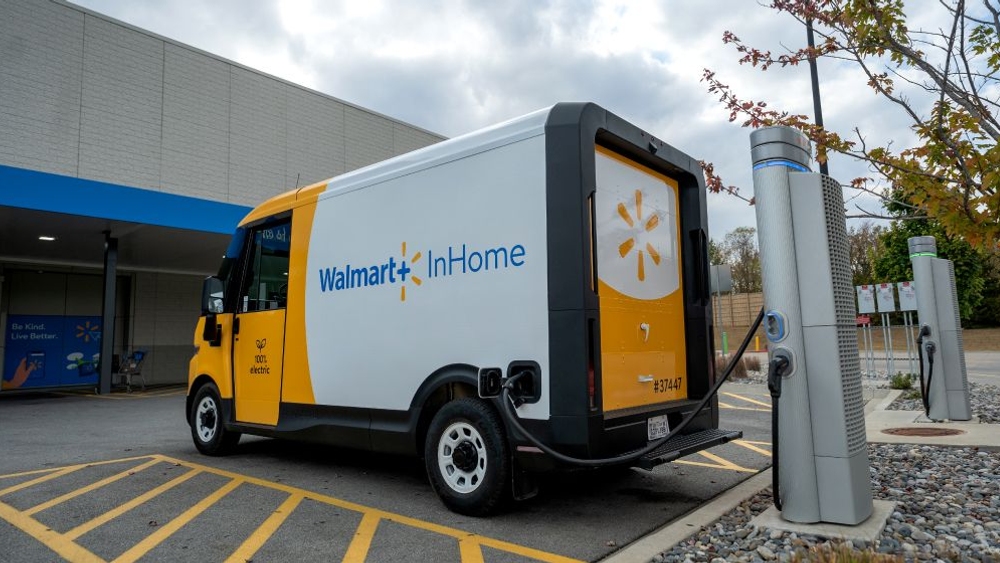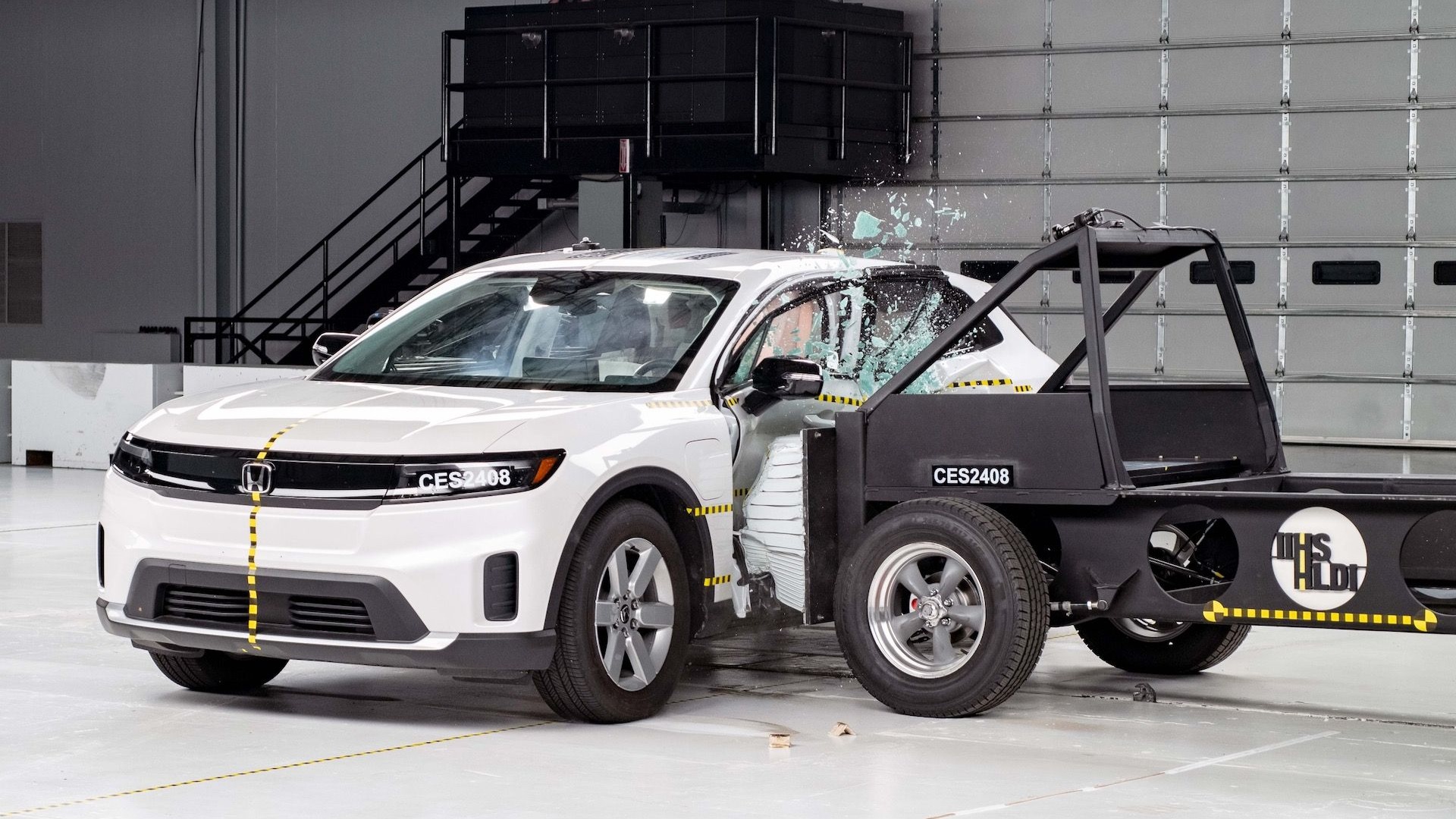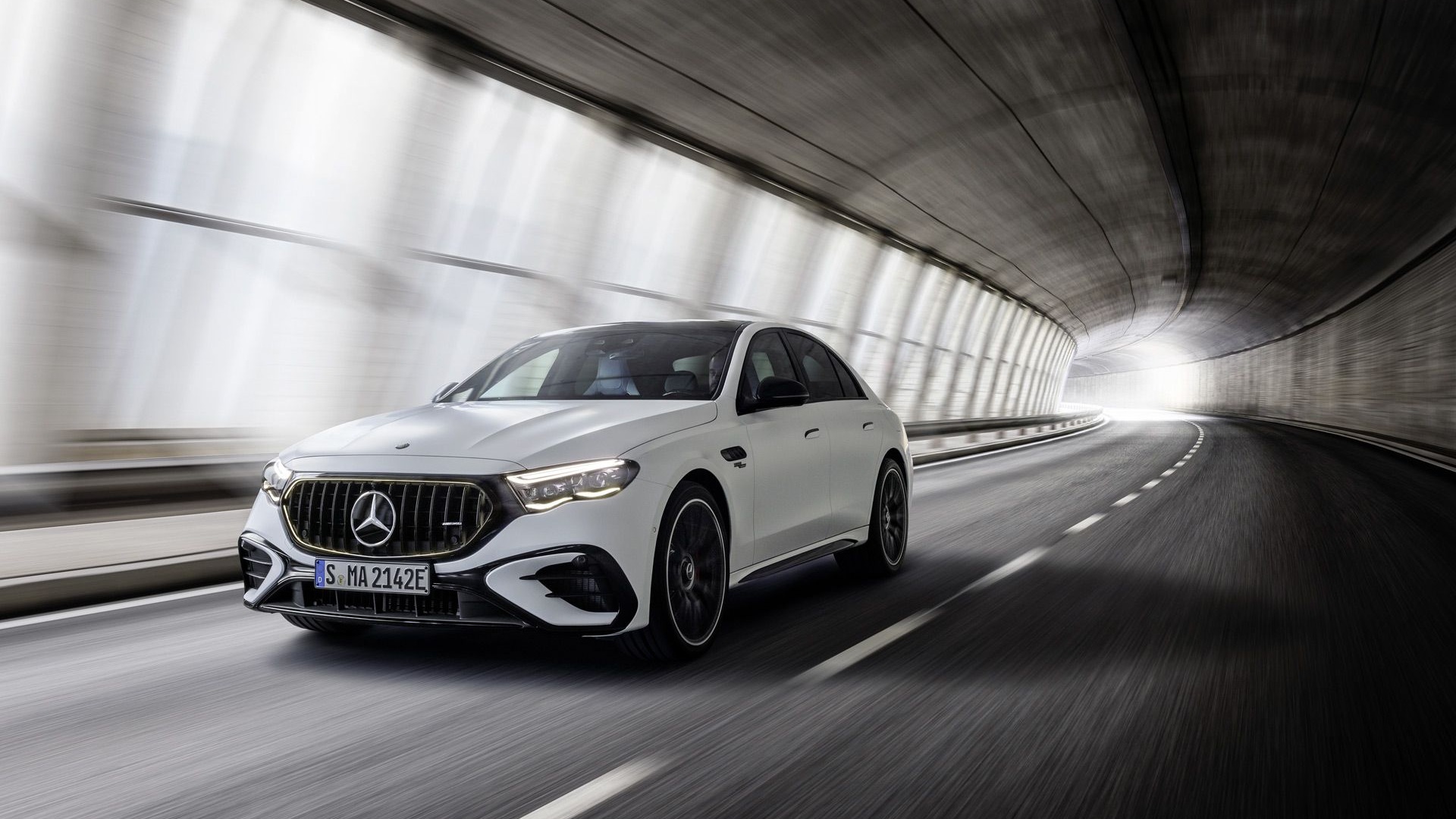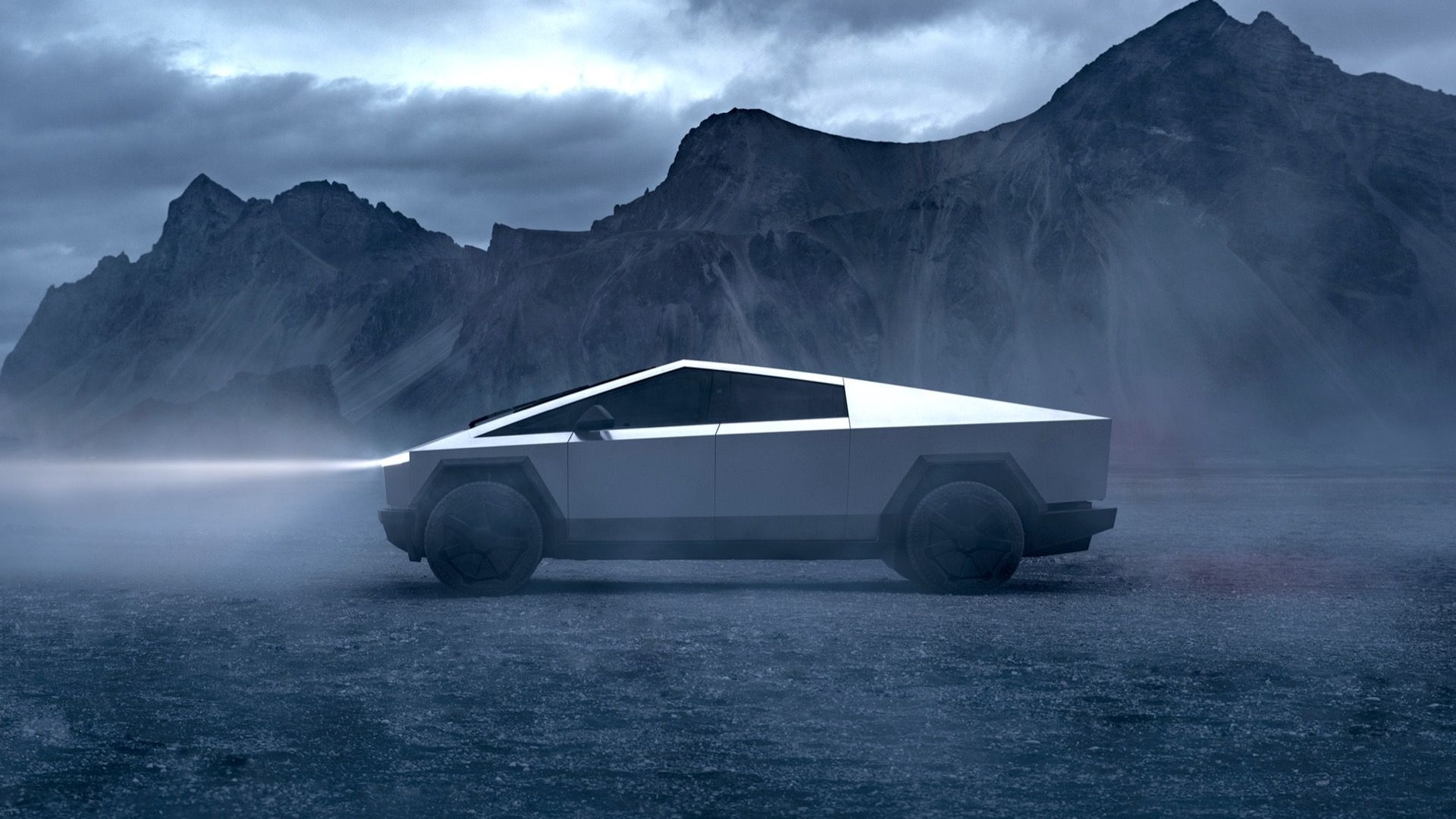The U.S. Environmental Protection Agency (EPA) and auto-industry lobbyists are now sparring over the future of Corporate Average Fuel Economy (CAFE) standards for 2022-2025.
At the recent CAR Management Briefing Seminars in Traverse City, Michigan, representative of both the EPA and the Alliance of Automobile Manufacturers (AAM) debated over theses standards, which currently require carmakers to achieve a fleet average of 54.5 mpg (equivalent to about 38 mpg on the window sticker) by 2025.
The debate focused on a report published by regulators saying that, while carmakers have the technology to meet that goal, they may fall short of it because of low gas prices and increased sales of SUVs and trucks.
DON'T MISS: Battle over CAFE standards begins now: will they change for 2022-2025?
When the report was published, it was expected that carmakers would use it as ammunition to argue for more lenient emissions rules.
Mitch Bainwol—AAM chairman and CEO—made just such an attack on CAFE standards at the CAR Management Briefing Seminars conference, according to WardsAuto.
Citing AAM polls, he argued that U.S. consumers are not concerned about today's low gas prices increasing, and are also ambivalent about the contribution of car greenhouse-gas emissions to climate change.

2016 Chevrolet Tahoe
But Christopher Grundler—director of the Office of Transportation and Air Quality at the EPA—argued the agency's position that carmakers already possess the technology to meet the 54.5 mpg CAFE target.
ALSO SEE: EPA: 2025 target of 54.5 mpg may not be met; SUVs, trucks, cheap gas to blame
The report in fact suggested that large numbers of hybrids, plug-ins, and battery-electric vehicles won't necessarily be needed, given makers' success in boosting efficiency of internal-combustion engines.
This is being accomplished with multi-speed transmissions, smaller turbocharged engines with direct injection, lighter vehicle structures, more aerodynamic shapes, and other refinements.
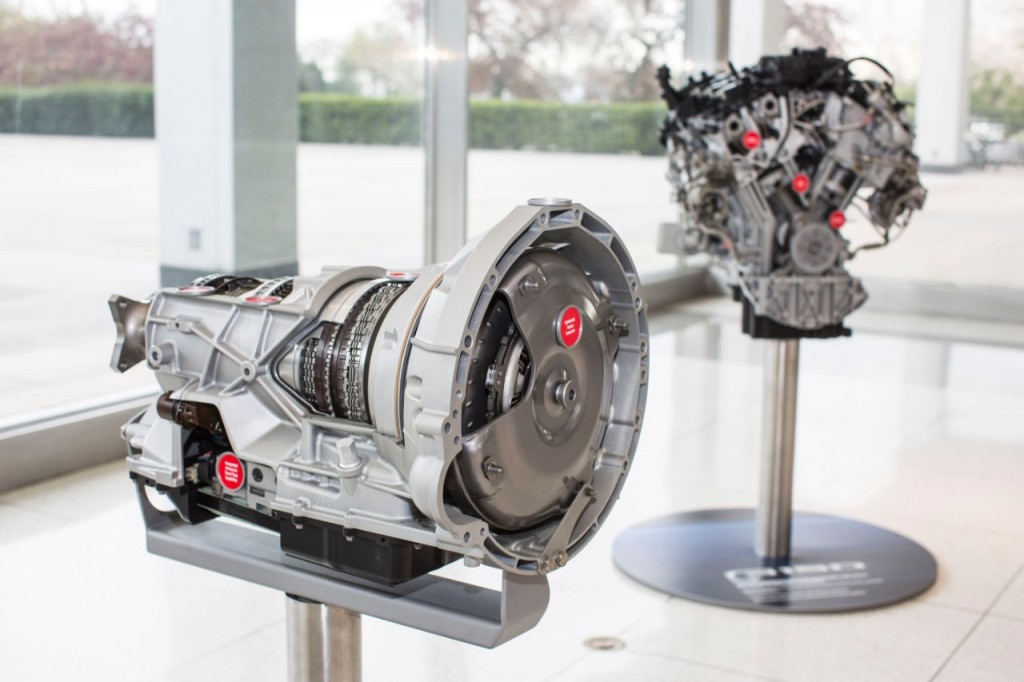
Ford 3.5-liter V-6 and 10-speed automatic transmission
Meanwhile, Tesla Motors has argued that it is automakers themselves that make green cars unattractive to buyers.
MORE: Automakers 'not even trying' to sell electric cars, Tesla says
Tesla vice president of business development Diarmuid O'Connell recently said that established automakers don't sell many electric cars because the models they offer aren't compelling enough.
Unlike other carmakers, Tesla has fought for stricter emissions standards, including reinforcement of California's zero-emission mandate.
_______________________________________________



